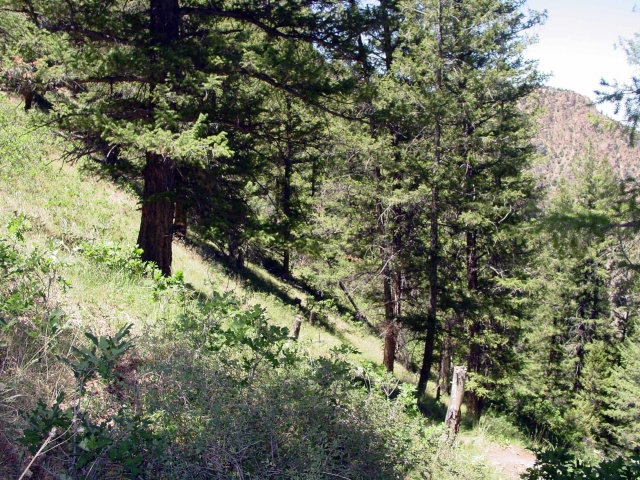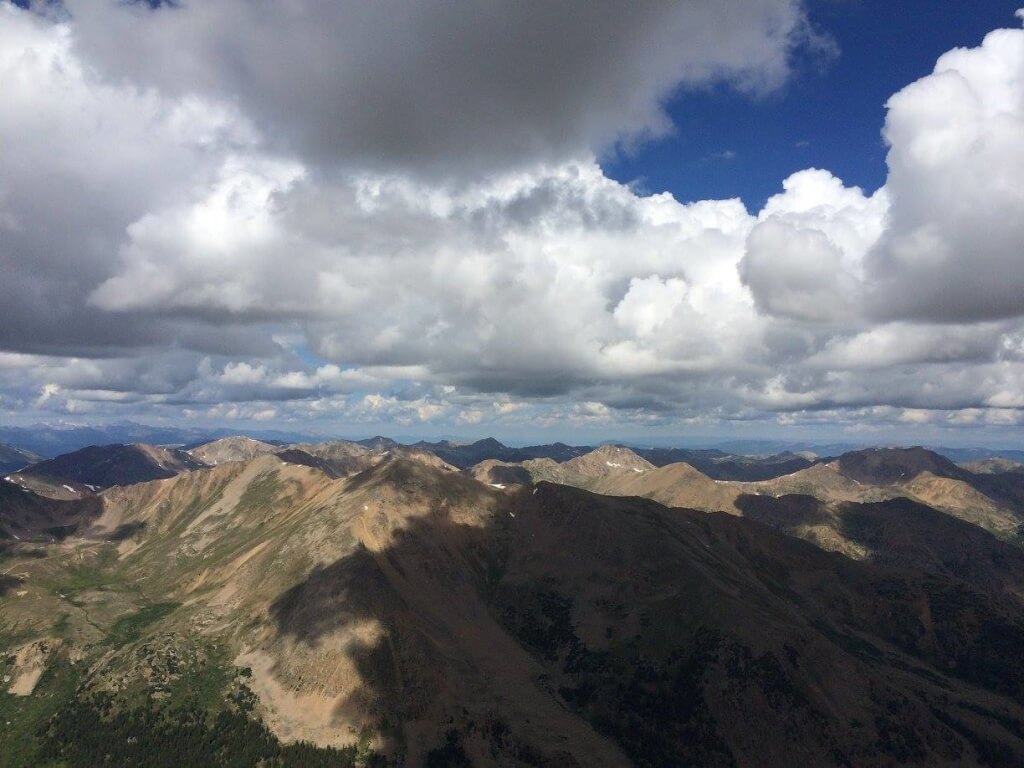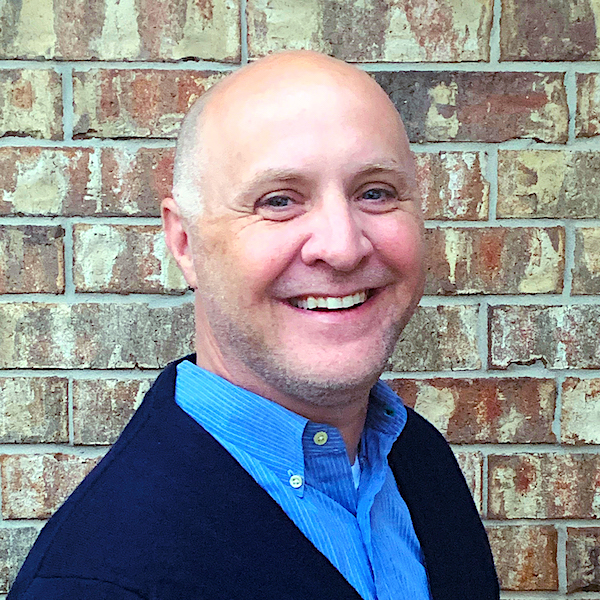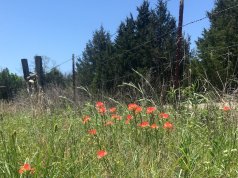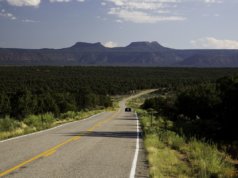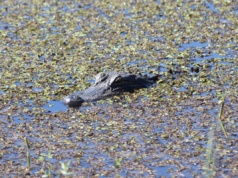
Nature can dare a person to attempt challenges. “Just over that next hill … ” is a common refrain for many different situations heard by hikers and even those just out on a Sunday morning stroll. The underlying promise being there’s a challenge ahead, but reward awaits.
Sometimes, the reward doesn’t come. Like Sisyphus continually trying — and failing — to push a boulder to the crest of the hill, failure is ALWAYS an option when standing up to nature’s challenges.
In July 2013, my planned hiking destination was Black Canyon of The Gunnison in western Colorado. It lives up to its ominous name. The canyon floor is 2,800 feet below the rim, with the walls separated by a mere 40 feet at its narrowest point. This gap, narrow as a razor blade, gives the canyon its name, as direct sunlight only reaches the bottom of the gorge at this point for just 33 minutes per day during the summer. My plan was a solo trip to reach the river at the bottom of the canyon, camp there and return the next day.
It turned out I was not up to the challenge.
RELATED
I, conqueror: Mt. Elbert as metaphor by Jeremy Cowen
The trail to the bottom is not long — just a bit more than 2.5 miles — but the final section drops 2,400 feet within a 1.5 mile stretch, with trees cut down in spots to use as handholds and footholds on the steeper sections. The “hiking” was truly more a series of “controlled falls” down the trail. It beat me to figurative death. I had expected this, though, but not utter exhaustion. After 30 minutes descending upon the final trail section, I realized I was in trouble. So, after an internal debate — much of which involved assuaging a damaged ego — I aborted my trip and headed back.
The canyon wasn’t done with me
As I headed up, my energy level suddenly crashed. I found myself only able to muster 50-foot spurts before collapsing. At times I was literally crawling to achieve those 50-foot intervals. Making matters worse, I was thirsty and had a dwindling water supply. I had brought only two bottles of water because, whenever I’ve had a water source at my destination, I’ve never needed more than those two bottles. It saves on weight. Call me dumb, that’s fine, but this wasn’t my first rodeo — I was working with 19 years of experience.
I eventually reached the canyon rim with just three ounces of water remaining. I also needed to eat as my energy level was nil, forcing me to drag myself under a tree to get out of the sun. Not walk, mind you: DRAG myself by pulling on the tree branches.
I still had just a bit more than a mile to traverse, which doesn’t sound like much and isn’t, in normal situations. It was rough, up-and-down terrain, though, and I was in bad shape. So, I pulled myself together and pretty much repeated what I did coming up the canyon: I’d go about 100 feet and stop to regroup. Again, I was light-headed at this point, crazy with thirst and with the energy level of a 100-year-old man.
Sucking pebbles
Soon, I lost track of how far I had left to go. My tongue was swollen, sticking to the roof of my mouth. I had to take my finger and push it down to get a breath. I took pebbles off the ground to put in my mouth in a futile attempt to work up some spit. It seemed like I was watching the world on a poorly received television channel, because everything had a surreal look with extreme contrasts. I found myself giggling at the word “shillelagh” and its pronunciation compared to the way it’s spelled. Don’t ask why I was contemplating this, as I have no clue, but it’s exactly what I was thinking: “shillelagh.”
Eventually I slipped and fell. While lying there, I felt like I knew how Robert Falcon Scott must have felt at the South Pole when he simply stopped his trek and died. I couldn’t decide at the time the tougher thing to do: stay there in the dirt and do nothing for myself and let fate end up wherever it may, or try to continue on my trek. In the far-off distance, from my perch atop the canyon ridge, I could look down and see a farmhouse miles away. I actually snickered at the irony of being half-dead and desperate for a sip of water with the possibility of people practically within my view enjoying a beer and baseball game on TV. I also half-laughed, half-cursed the fact that I had the pinnacle of human-communication technology in my pocket — my iPhone — yet, without a signal, it was of no more use to me than the rocks I was leaning against.
Shortcuts that backfire
I laid there for who knows how long until, without a lot of conscious thought, I suddenly got up and found myself walking again. I can’t tell you what changed. One minute I couldn’t get up, and the next minute I could.
Nature can be beautiful and cruel, wondrously giving of itself and jealous in guarding its wonders. With all that, though, never doubt it has a sense of humor.
As I staggered around a curving trail through some dense trees and underbrush, I suddenly found myself at the parking lot: I was literally about 100 yards from my car the entire time I was contemplating continuing my existence just minutes before.
Nature can be fought — and beaten — but never tamed. In most parts of the world, it may seem an oxymoron to describe nature as “wild,” but it remains the best descriptive term available for those who face it on its terms. Nature can cause the best-planned hike to morph into an odyssey of such proportions as to make Homer himself wince.
Writer Edward Abbey once said, “My most memorable hikes can be classified as ‘shortcuts that backfired.’” With that in mind, “just over that next hill …” might be nothing more than another backfired shortcut.









